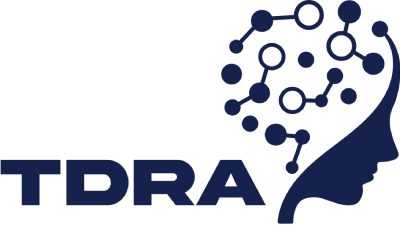Bootle Blast & Dementia Study
Interventional Study
Get in touch about this studyFull study title: Feasibility-Testing of a Youth Therapeutic Exercise Video Game System (‘Bootle Blast’) with Older Adults with Dementia
What is the study about?
This study looks at how playing an exercise video game called ‘Bootle Blast’ can help improve balance in older adults with dementia. Older adults with dementia are more likely to have balance problems, which can result in falls. Exercise can improve balance for people with dementia. Exercise video games that involve moving (similar to the Nintendo Wii) have been used in therapy. However, these systems are not designed for people with different abilities, do not capture the entire body, and cannot track how players move over time. These games also lack aspects seen in mainstream games, like exciting music, competition, a storyline, quality graphics, feedback, and multiplayer modes. Bootle Blast was designed to combine therapy and video games and has been used by children and youth with varied motor abilities, both in clinics and at home. Preliminary research shows that Bootle Blast can keep players engaged and help support physical outcomes. Early tests also suggest that older adults might enjoy it, too.
Eligibility – Who can participate?
Pairs of people with dementia and their caregivers living in the same household.
Participants must:
People with Dementia
- Live in Ontario, Canada (within a two-hour drive from Toronto, Ontario)
- Speak and understand English
- Agree to be video and audio recorded as part of the study
- Be able to stand and walk, with or without an assistive device (e.g., a walker)
- Be able to use both upper limbs to play the games
- Have the capacity to provide independent, informed consent
Caregivers
- Live in Ontario, Canada (within a two-hour drive from Toronto, Ontario)
- Speak and understand English
- Agree to be video and audio recorded as part of the study
Time requirement
- Meet the researchers for 1-1.5 hours during a home visit to complete two balance tests, game set-up, and two questionnaires (one for demographic purposes and one for memory)
- Play Bootle Blast at home for 10 weeks on days/times that work with your routine schedule (i.e., you will choose the frequency and duration). The game will record all sessions while you play
- Weekly, audio-recorded check-in phone calls (10 minutes per call)
- Be audio recorded during a 30-minute interview at the end of the study about your experiences playing or supporting your family member with the games
TDRA study investigator
Dr. Arlene Astell
TDRA Site:
Participate from home
Age Group:
18 - 24, 25 - 29, 30 - 39, 40 - 49, 50 - 54, 55 - 59, 60 - 64, 65 - 69, 70 - 80, 81 - 85, 86 - 90, 91+
Target Population:
Alzheimer’s disease, Caregivers, Dementia with Lewy bodies (DLB), Frontotemporal dementia (FTD), Mild cognitive impairment, Parkinson's disease-related dementia, Vascular Cognitive Impairment, Vascular dementia
